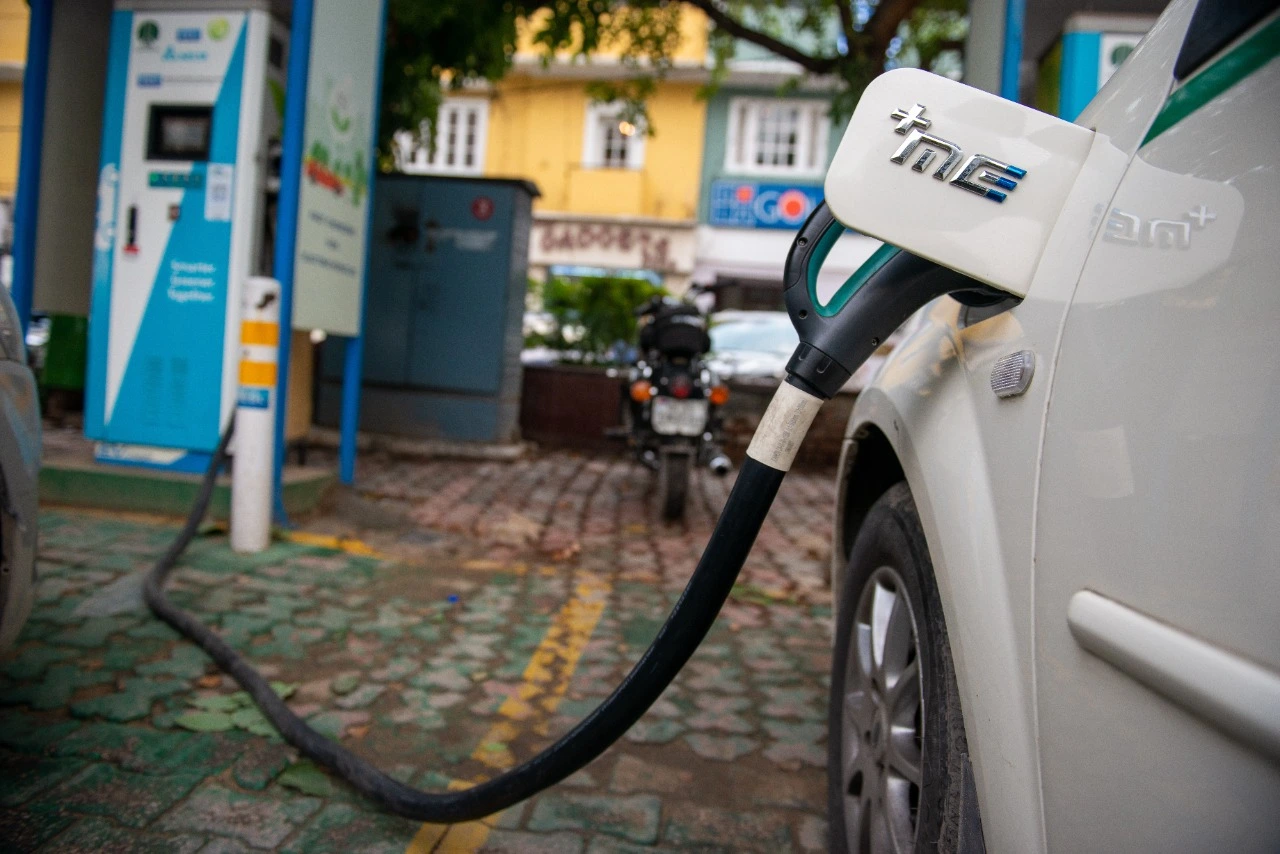Technology is a key component of the automotive business, and since it develops quickly, new features and innovations are finding their way into the sector. The launch and acceptance of dependable and efficient electric cars must be the current discussion point. Electric vehicles are the ideal substitute for conventional vehicles for reducing fossil fuel usage and exhaust pollutants. Unless they are? In India, 2022 can prove to be a pivotal year for electric vehicles given the state of technology.
any automakers have curtailed their investment in IC engines in light of these serious worries and are investing the majority of their funds into electric powertrains. Within ten years, automakers like Toyota, Audi, and Volkswagen all say they will be producing electric or low-fuel vehicles.
Government Initiatives
The Indian government, in addition to consumers, is eager to bring electric vehicles to the market. Running electric vehicles adds a number of additional factors. For instance, when operating a new automobile, the Indian government offers a variety of tax exemptions and subsidies.
These advantages significantly lower the cost of the vehicle, enabling more individuals to think about purchasing an electric vehicle. Well, depending on the state from which you are purchasing, these subsidies and perks might range from Rs. 30,000 in Delhi to Rs. 37,000 plus Rs. 7000 for scrapping your old IC car in Maharashtra.
Tail Pipe Emissions
We are all familiar with the greenhouse gases that come from car exhaust. These gases primarily consist of COx, SOx, NOx, PM, soot, and other substances. And the environment is severely harmed by these dangerous greenhouse gases. Therefore, MoRTH introduced the updated BS6 emission rules in April 2020 in order to limit vehicular emissions. Moving is not at all a sustainable alternative, even where it would allow for the control of automobile emissions. The best option could just be electric cars.
Fast Consumption of Fossil Fuel
More than 90% of the vehicles on the road use fossil fuels. Definitely, an IC engine powers this car in India. Flex-fuel vehicles are one electric car substitute. However, as of right present, the flex-fuel production infrastructure is still being built and is not yet self-sustaining. Returning to electric cars, they unquestionably produce no exhaust. This not only makes it possible to operate a cleaner engine but also significantly lowers the need for fossil fuels.
Electric Vehicle Technology
Driving in an electric vehicle is like nothing most the ever experienced before. Electric vehicles are unrivaled in terms of performance, maneuverability, and comfort. A car with a conventional engine offers a longer range and faster recharge times than the current generation of electric vehicles. But because of technological advancements, battery manufacturers can now create batteries with a greater range and a far faster charging time. In the following months, it's anticipated that this technology will expand much more.
Rising Fuel Prices
In India, a car's running costs unquestionably matter. The majority of the regular expense falls under the category of service costs, where the cost of fuel dominates. Long-term maintenance of conventional vehicles with IC can be a little challenging, made more so by the rising cost of fuel. But based on the findings, we can anticipate that an EV in India will cost between $1 and $2 to operate every kilometer.






Comments (0)
Jan 05, 2023
Views (1234)